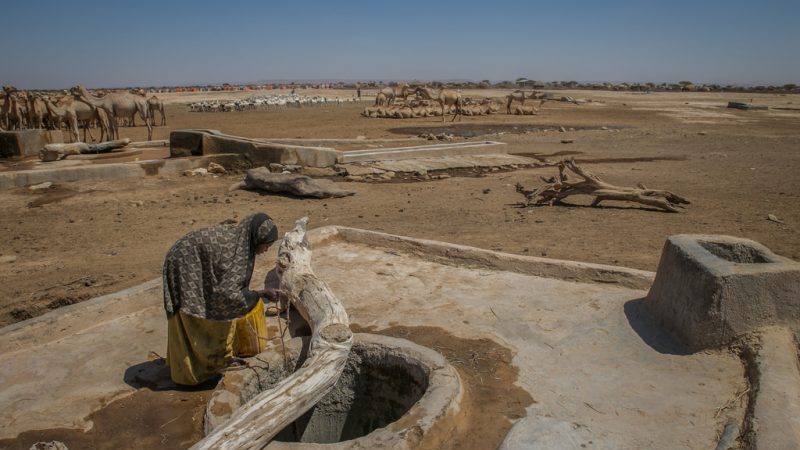Civil society organisations are calling on the Green Climate Fund (GCF) board to stop “splitting hairs” when deciding which projects to finance.
A letter signed by more than 80 NGOs urges the UN’s flagship climate finance initiative not to reject bids simply because they look like traditional development projects.
It follows the board’s refusal in the past year to approve two projects from Least Developed Countries (LDCs), Ethiopia and Bangladesh, partly on the basis they were not sufficiently focused on climate change. Board members from some developing countries supported the bids, but their counterparts from the developed world did not.
“While some on the board have opined over which activities represent development versus which represent adaptation, in practice, this distinction is largely artificial,” reads the NGO letter, dated 28 June.
The board received this letter ahead of its 17th meeting to be held 4-6 July in Songdo, South Korea, where a review of the funding approval process is on the agenda.
NGO letter to the GCF by Megan Darby on Scribd
In their letter, shared with Climate Home, the organisations argue that many efforts to boost resilience to climate change invariably overlap with traditional development initiatives. It is unfair for the board to try to separate the two, they say.
“Vulnerability to climate change impacts is highly correlated with development deficits and capacity of people to build resilience,” reads the letter. “Adaptation funding at its best should be transformational, in line with the GCF mandate, and as such must go well beyond addressing the most immediate climate-related impacts.”
The board has found it easy to approve projects like early warning systems for extreme weather, the NGOs note, which are clearly linked to climate change. Its position on interventions that make communities better able to cope with droughts, for example, is less clear.
“For example, if a person’s livelihood is vulnerable to climate change, then working to diversify that individual’s source of income will help to make their livelihood more climate resilient,” reads the letter.
Weekly briefing: Sign up for your essential climate politics update
The impasse on the Bangladesh and Ethiopia projects among the board highlights the need for better guidance on adaptation, observed the NGOs.
“Climate change adaptation is very localised and context-specific,” wrote the NGOs, adding: “It is an evolving science without hard and fast rules.”
Speaking to Climate Home, Dr Saleemul Huq, the director at International Centre for Climate Change and Development (ICCCAD) at Independent University in Bangladesh, said the board’s decision on the two projects was unacceptable.
“A lot of money and time was spent putting together the projects only to be turned down because some board members felt they were development projects,” said Huq.
It was time the board realised the pressures faced by LDCs owing to their vulnerability to climate change, he added.
